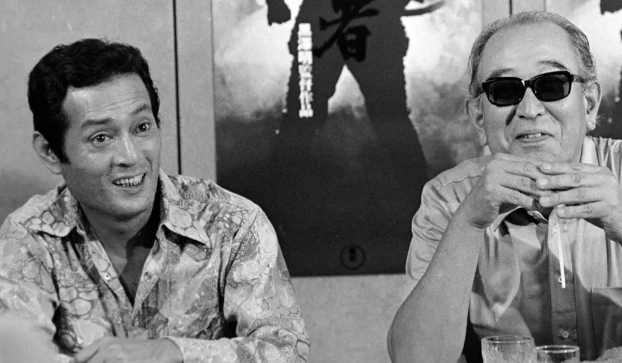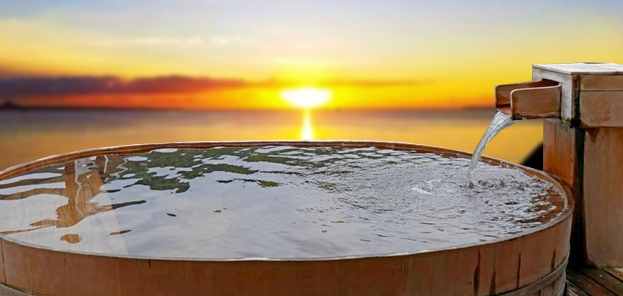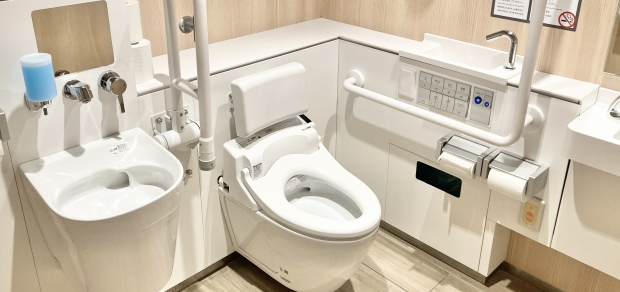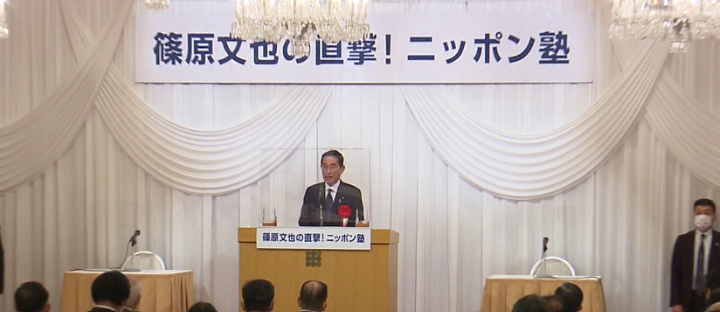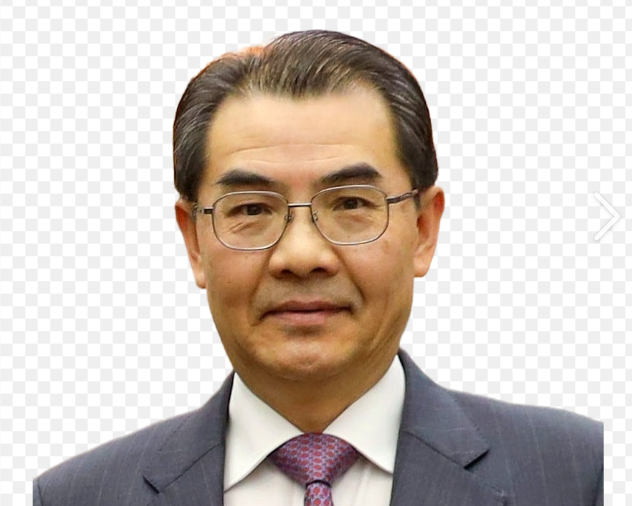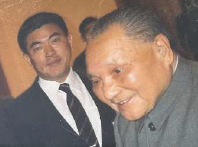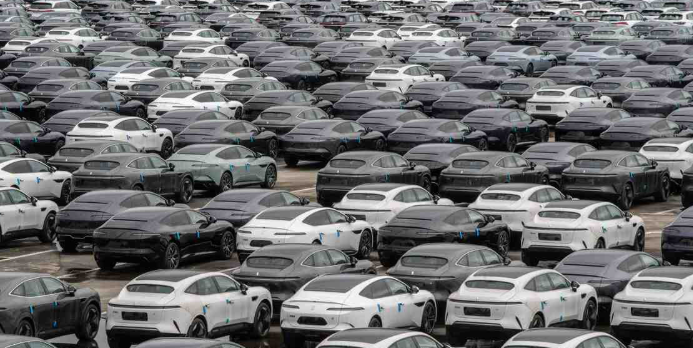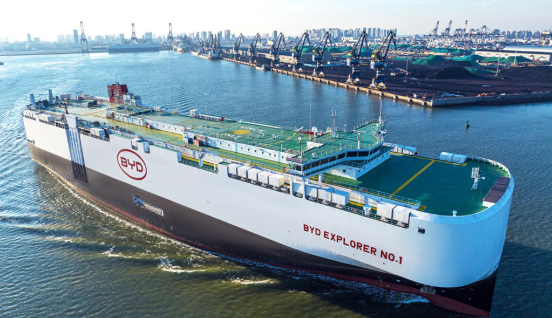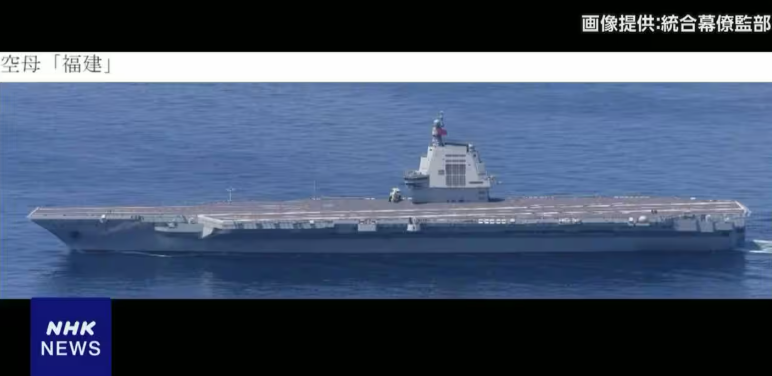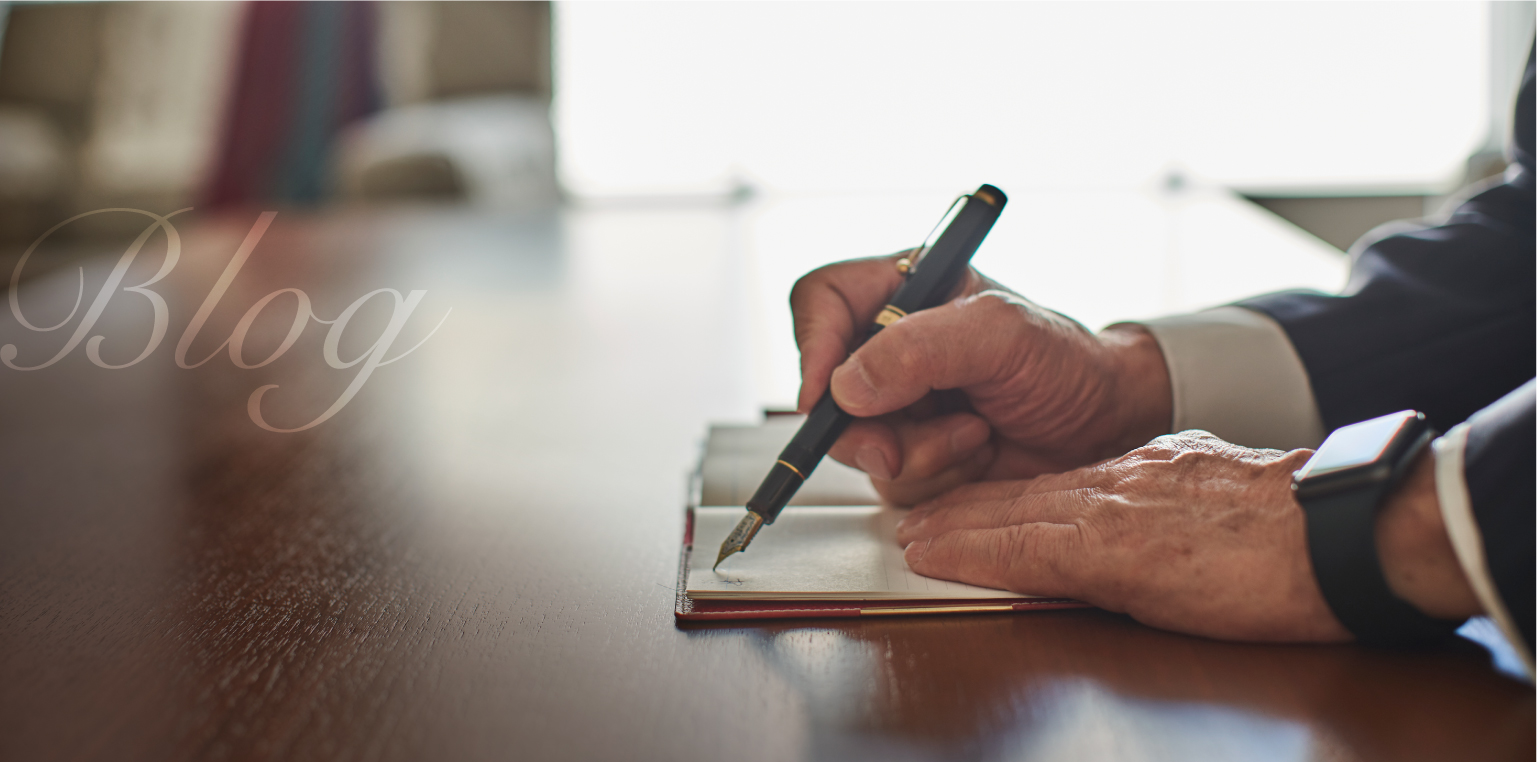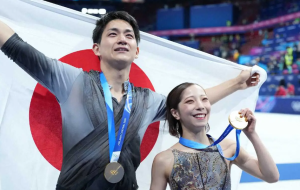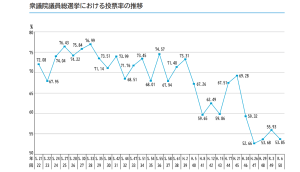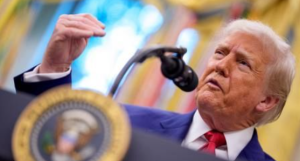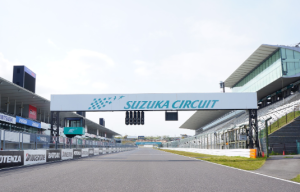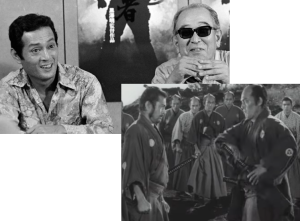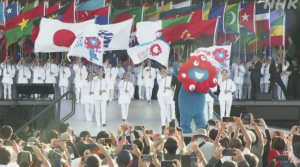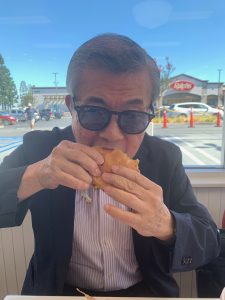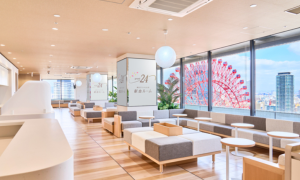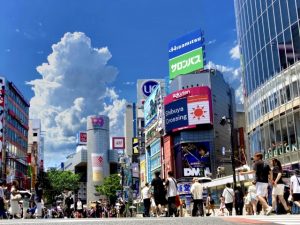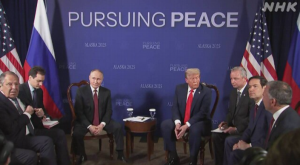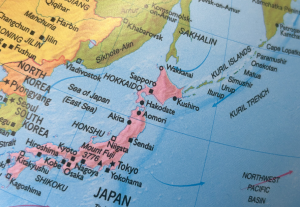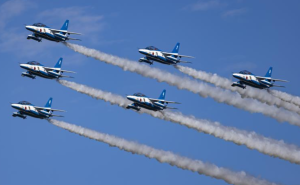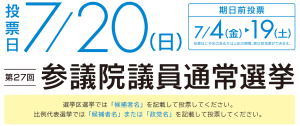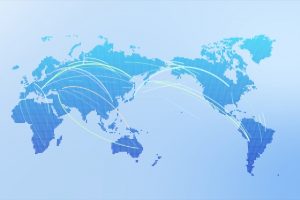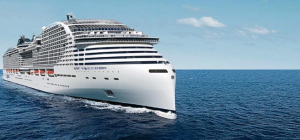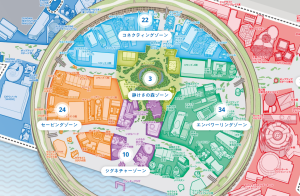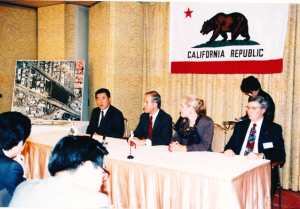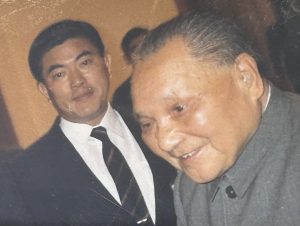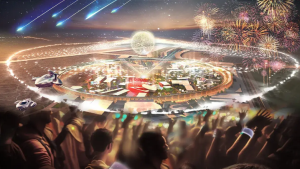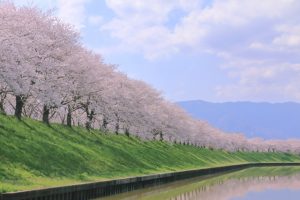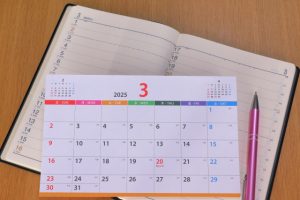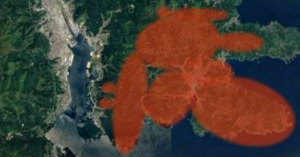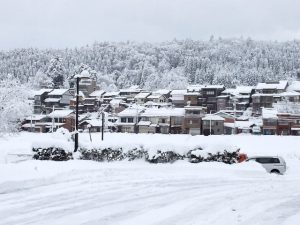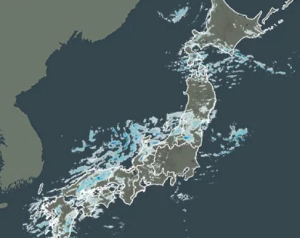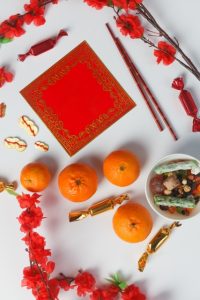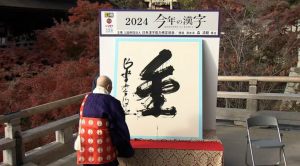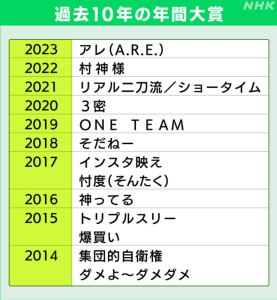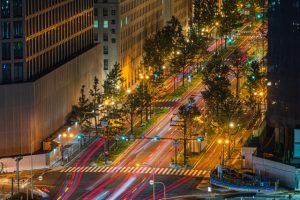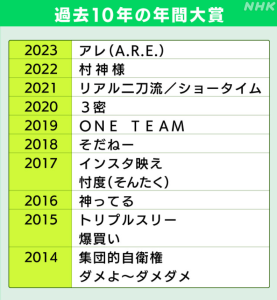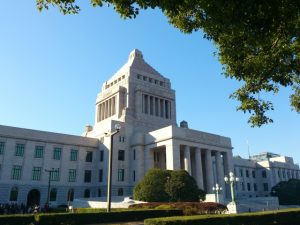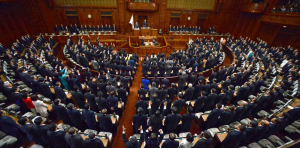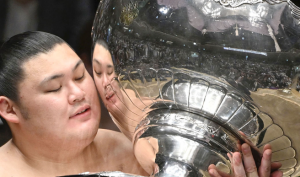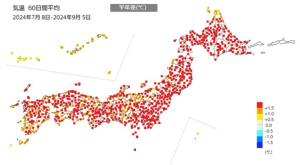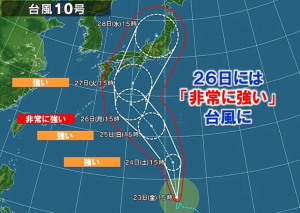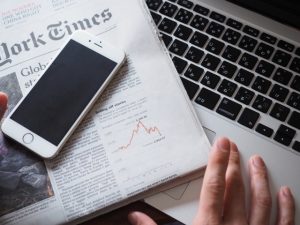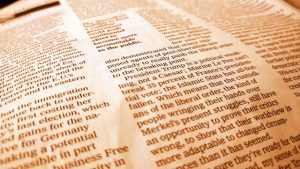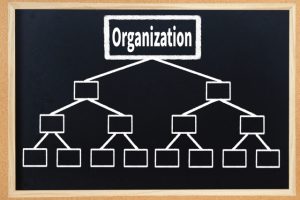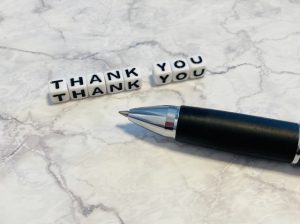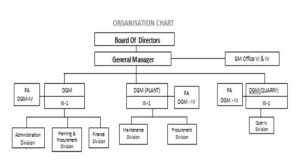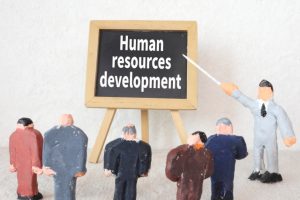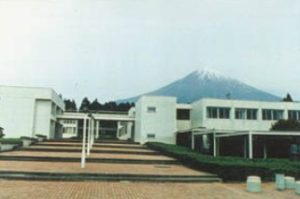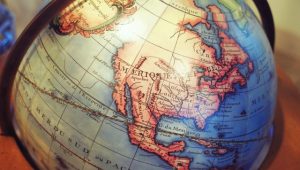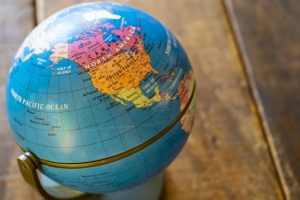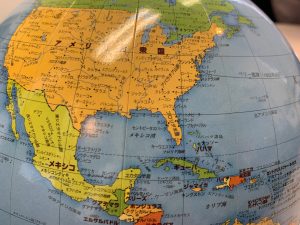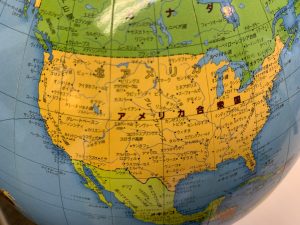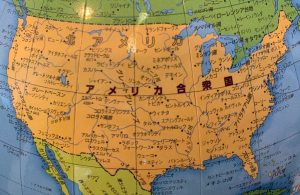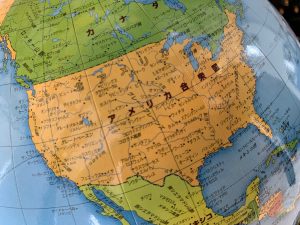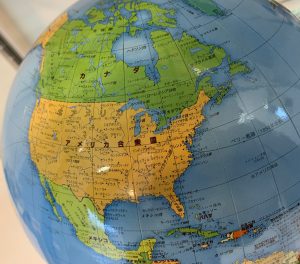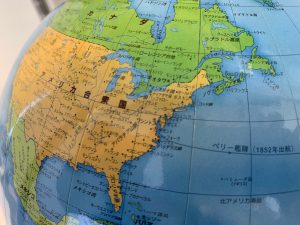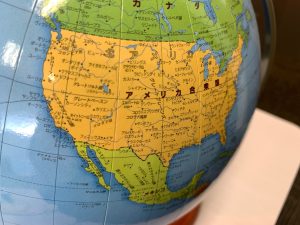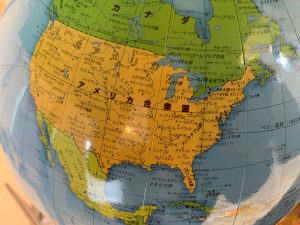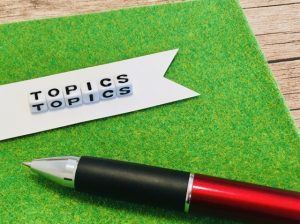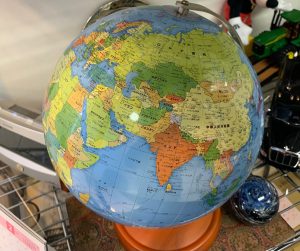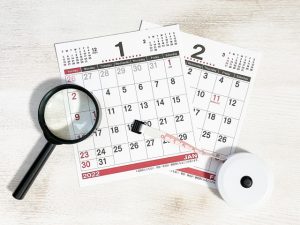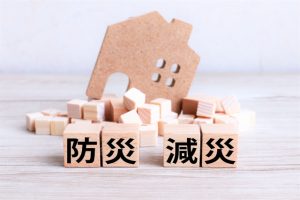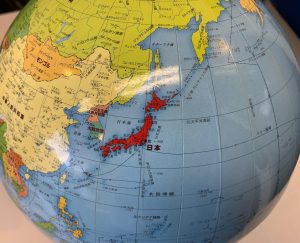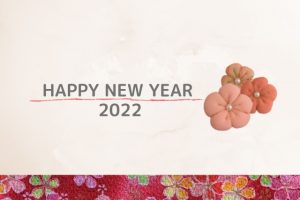Re: A news item and subject which I just want to check out (181) November 14, 2025
Tatsuya Nakadai, a leading actor representing Japan, has passed away. He was born in December 1932, and it was a 92-year life. He is ten years older than me, but having lived through almost the same era from the Showa period to today, I feel a touch of loneliness. What stands out in particular are works like director Akira Kurosawa’s period dramas ‘Kagemusha’ and ‘Tsubaki Sanjuro’ and acting alongside Toshiro Mifune captivated me. And in addition to being an outstanding stage actor, he is also known for founding the ‘Nameless Theater School’ to nature young talent. Since the daughter of my acquaintance used to a student at the same school, I have never met him in person, but I somehow felt a sense of familiarity with him.
I sincerely pray for his soul’s eternal peace. I put my hands together in prayer!
By the way, a few days ago, a newspaper published a survey about ‘the happiness unique to Japan’. According to this, the first place is ‘hot springs, public baths, and open-air baths’, the second place is ‘buses and trains that arrive on time’, and the third place is ‘enjoying the four seasons.’ If I were to rank it compared to overseas, it would be as follows. The first place is that ‘public restrooms are easily accessible, clean, often equipped with high-tech toilets, and stocked with toilet paper’, the second place is that ‘lost or forgotten items almost always get returned’ and the third place is that ‘the food is delicious’. Incidentally, due to climate change, ‘the four seasons’ have now become ‘two seasons (summer and winter)’. And it used to be that ‘even at night, women and children could walk alone safely’, which was one of the good things about Japan. But nowadays, even for men, the world is a dangerous place. And trains and railways have recently been frequently disrupted for various reasons. It was once said in Japan that ‘water and safety (defense) were free’, but now, both the country and individuals are expected to bear their fair share of the responsibility to protect themselves.
■■What I have recently thought and focused on:
■ ‘Direct hit! Nippon cram school’ and meeting with the Chinese ambassador to Japan:
I attend ‘Direct hit! Nippon cram school’ (lunch seminar) hosted by Mr. Fumiya Shinohara, a political commentator, almost every month. At the seminar, for a start, the guest speaker talks for about 30 minutes, followed by a discussion with the head of the school, and then a Q&A session with the participants. Last month, Mr. Azuma Koshiishi, former member of the House of Councilors and secretary-general of the Democratic Party, was the guest. He looks so vigorous that it is hard to believe he will be 90 next year, and he has an excellent memory, speaks clearly and logically, and there were many things to learn from him.
Let’s leave the matter of Mr. Koshiishi at this point, and I would like to touch on the exchange with Mr. Wu Jianghao, the Chinese ambassador to Japan, who was a guest at the seminar two month ago (September 24). On that day, the ambassador spoke about recent developments in China and Japan-China relations as usual, followed by a discussion with Mr. Shinohara, the head of the school, and then a Q&A session with the participants. At that time, I spoke as follows.
“Your Excellency, thank you very much for today. The first time when I visited China was in November 1976. It was 49 years ago, and my purpose was to participate in the Autumn Canton Fair. At that time, it was just after the ten-year-long Cultural Revolution had ended, and the whole city (Guangzhou) was in a festival uproar, because the Gang of the Four, led by Jiang Qing, the late wife of Mao Zedong, was arrested. After that, I visited China once or twice every year, and what left the deepest impression on me was visiting Beijing in December 1988(the year before the Tiananmen Square Incident), accompanying the late Yoshio Sakurauchi, a member of the House of Representatives from the Liberal Democratic Party and former Speaker of the House of Representatives, and having an audience with the late President Deng Xiaoping at the Great Hall of the People, where I closely listened to him about the reform and opening-up policy and other matters. In this way, I have been observing China in my own way for almost 50 years. In these circumstances, I used to feel a sense of ‘openness’ and ‘ease’ in China, but watching the military parade in front of Tiananmen Square in Beijing on September 3 for the 80th anniversary of the victory in the war of resistance against Japan, it seems that recently China is aiming to become a ‘military power’. What do you think?”
In response, the ambassador’s answer was as follows. “This is not the first time for a military parade. It was also held in 2015 (70th anniversary of the victory in the war of resistance against Japan) and 2019 (70th anniversary of the founding of the country). Therefore, this parade does not indicate ‘the militarization of the country’”.
■The recent situation in China:
Recently, China has been facing serious social problems such as declining birthrate and aging population, high youth unemployment rate, and military corruption issues, in addition to economic issues such as deflationary economy following the collapse of the real estate bubble, trade friction with the United States and so on. The Chinese government enforces strict information control to maintain the Communist Party’s single-party rule, making it difficult to grasp the actual situation. Following are several examples of indicators.
◎The preliminary GDP figure from July to September was up 4.8% year-on-year in real terms. The growth rate has been declining for two consecutive quarters, and due to excessive competition, known as ‘neijuan’, driven by overproduction and sluggish domestic demand, and weak consumer spending due to the prolonged real estate slump, the economic slowdown is becoming more apparent. Wholesale prices in October fell 2.1% compared to the same month last year, marking a decline for 37 consecutive months. The October PMI, which indicates economic sentiment, was 49.0, remaining below 50, a borderline between good and poor condition, for 7 consecutive months.
By the way, at the 4th Plenary Session of the 20th Central Committee of the Communist Party of China held in late October, regarding the growth rate of the 15th five-year plan (from 2026 to 2030), like the current plan, no specific numerical targets were presented. It seems difficult to shake off the sense of uncertainty about the future.
◎Deflationary exports (dumping), which redirect surplus production to exports due to weak domestic demand, are causing friction in various regions. It is especially prominent in electric vehicles (EV), solar panels, steel, aluminum, and so on. The French government is increasing its caution against China’s e-commerce site, Shein.
◎The trade friction (tariff issue) with the United States has been temporarily put on hold. But it was clearly President Trump’s miscalculation. As a countermeasure to the United States’ tariff increases, China imposed export restrictions on rare earths, which hold a 70% share of global market, and also tightened import restrictions on agricultural products (mainly soybeans) from the United States, putting pressure on American farmers. This operation succeeded, and President Trump had no choice but to lower his fist. It truly became a reality what the late President Deng Xiaoping said during his 1992 inspection tour of the South: ‘The Middle East has oil. China has rare earths.’
◎In China, in recent years, the competition for exams has intensified because finding a job is difficult without a university degree. The number of candidates taking the national college entrance examination called ‘gaokao’ this year is 13.35 million, which is 1.5 times more than ten years ago. Incidentally, the number of examinees for Japan’s university entrance common test held this year was 461,000. And in China, the job offer rate for university graduates has fallen below 50% (over 90% in Japan), and in September this year, the unemployment rate for from 16 to 24 years old reached 17.7% (around 3% in Japan), highlighting the worsening difficulty young people face in finding jobs. In China, it is necessary to recognize that both individuals and industries are under intense competition.
■The commissioning of China’s third aircraft carrier and Japan’s security (defense):
China has recently commissioned the aircraft carrier ‘Fujian’. This aircraft carrier is the third ship, following ‘Liaoning’, which was a repaired former Soviet vessel (commissioned in 2012), and the first domestically built carrier ‘Shandong’ (commissioned in 2019). There are concerns that this could further increase military activities and provocations in the East China Sea and the Pacific regions. Furthermore, it is said that construction of the fourth ship has already begun, and there are also reports that it may be the first nuclear-powered aircraft carrier.
Like this, China is rapidly and strongly strengthening its military power, and it is expected that provocations around the Senkaku Islands and in the East China Sea will increase further in the future. Generally speaking, when the military balance is disrupted, war, invasion, and conflict inevitably occur. Therefore, Japan, regardless of being pro-China or anti-China, needs to calmly access the current situation in China and maintain military power as a deterrent. But considering Japan’s current national power, it can’t handle it alone. It is necessary to protect the existence of our country by maintaining the alliance with the United States as a cornerstone and cooperating not only with neighboring countries but also with democratic nations around the world.

